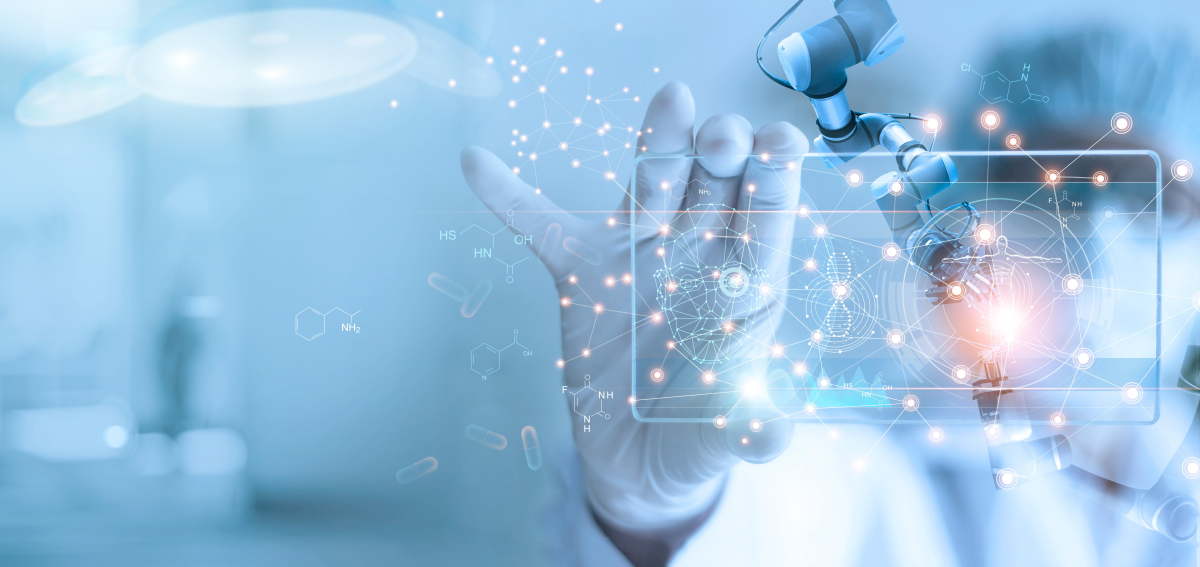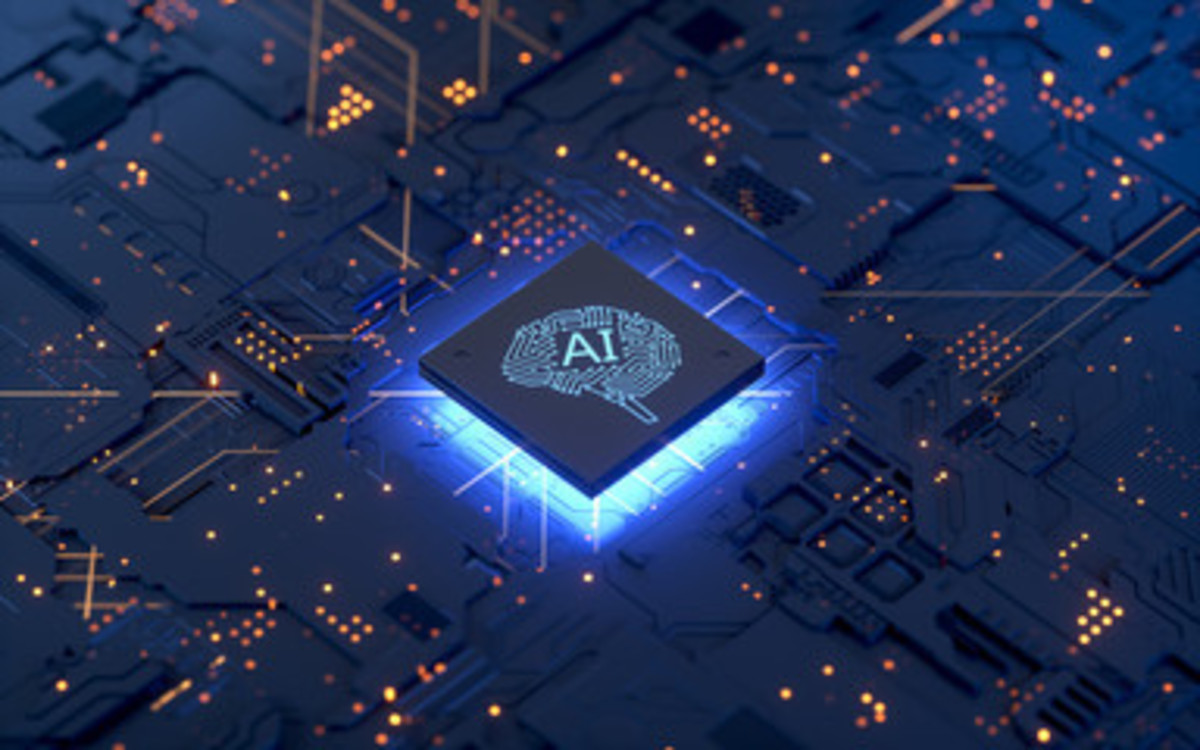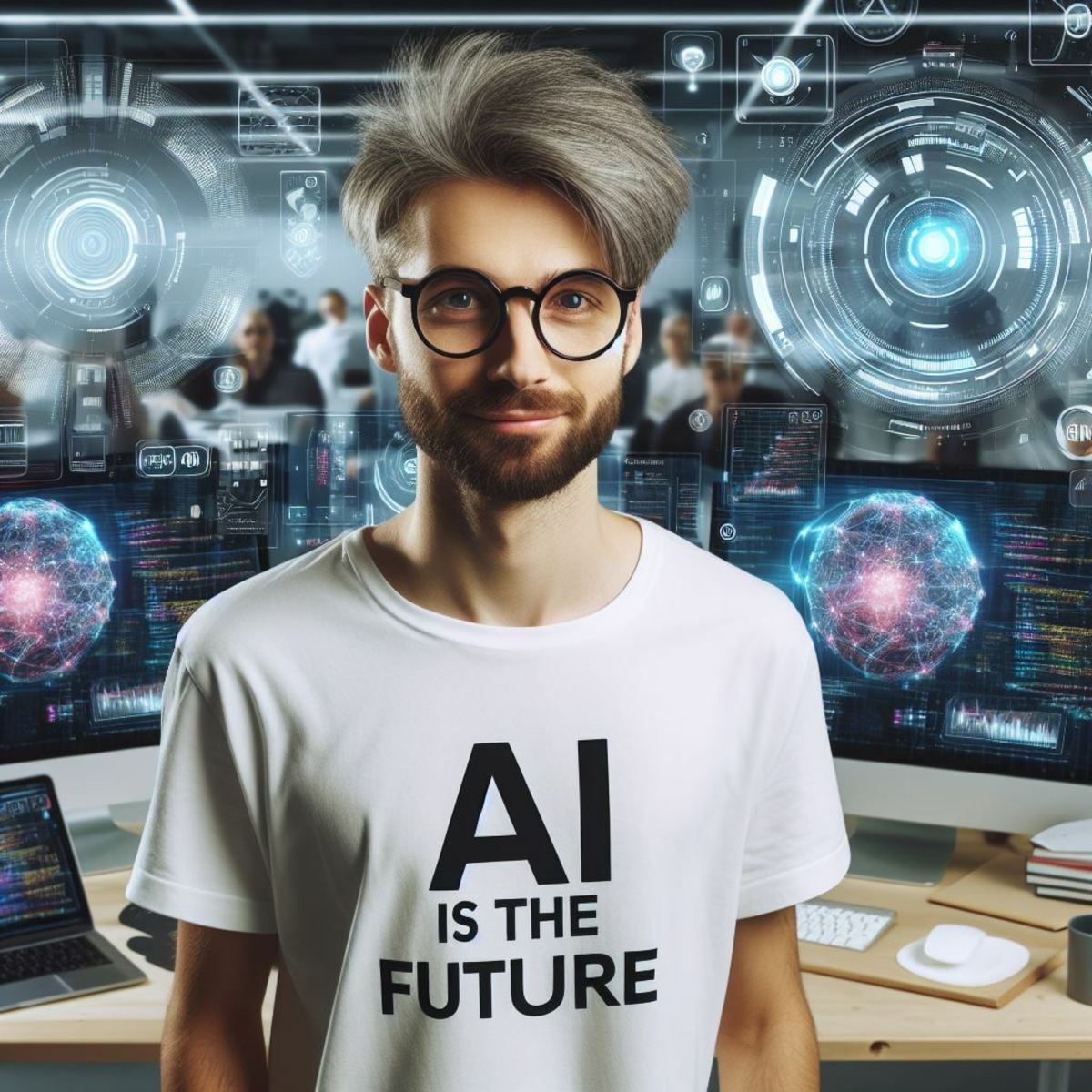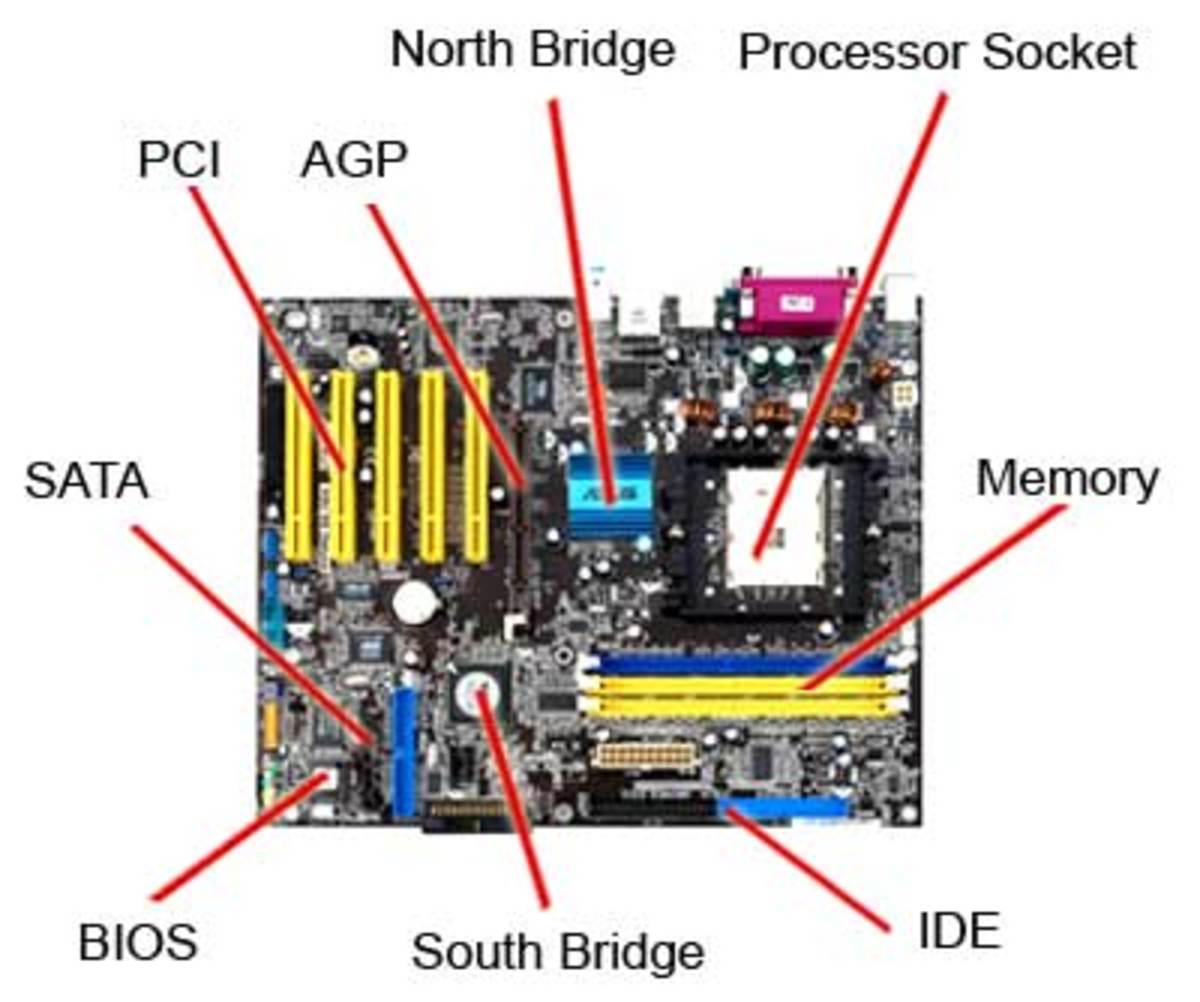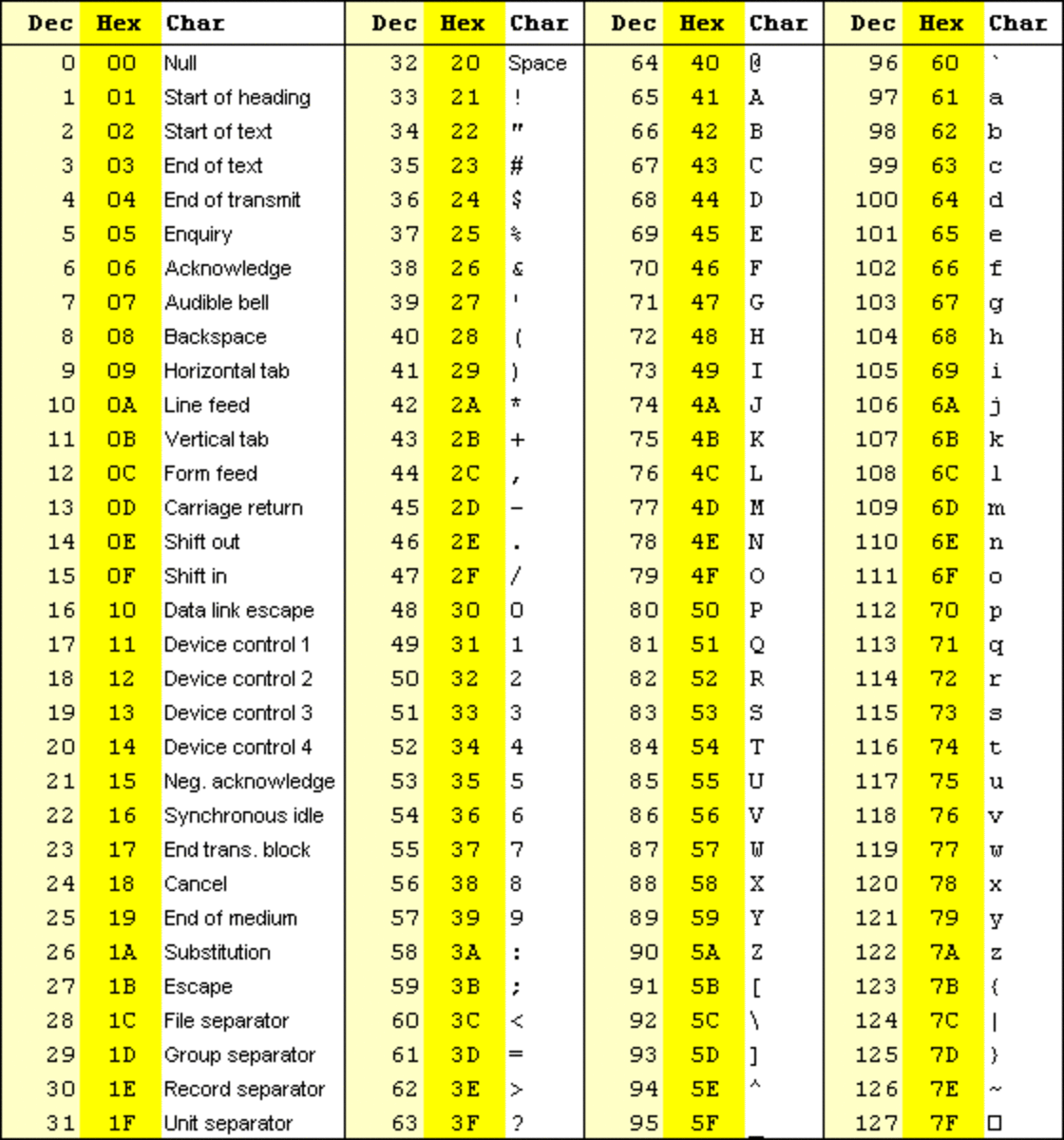The Techno-Utopian Future: The Promise and Perils
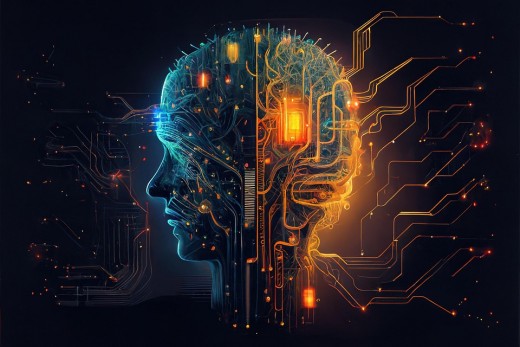
The Salvation of Artificial Intelligence
For centuries, visionaries had promoted Utopian societies, but they have all failed to deliver the promised paradise. Now, we are told that artificial intelligence (AI) will release us from the troubled societies our puny human minds have created.
The Promise of Artificial Intelligence
The luminaries at the heart of the AI industry tell us it is going to create a magnificent new world.
- “The potential (is) for AI to help scientists cure, prevent, and manage all diseases in this century.”—Billionaire founder of Facebook, Mark Zuckerberg.
- “AI is the most profound technology humanity is working on, More profound than fire or electricity.”—Billionaire Chief Executive Alphabet Inc. and its subsidiary Google, Sundar Pichai.
- “I hate to sound like a utopic tech bro here, but the increase in quality of life that AI can deliver is extraordinary ... addressing climate change will not be particularly difficult.”—Billionaire Chief Executive of OpenAI, Sam Altman.
- “This has the potential to make life much better.”—Billionaire software developer, Marc Andreessen.
- “They can help us solve very hard scientific problems that humans are not capable of solving themselves.”—Just a millionaire founder of Thinking Machines Lab, Mira Murati
WOW! JUST WOW!
This brings to mind a line from Peggy Lee's 1969 hit Is that all there is?
“Let's keep dancing
Let's break out the booze and have a ball.”
But, we have to remember that song was all about disillusionment.
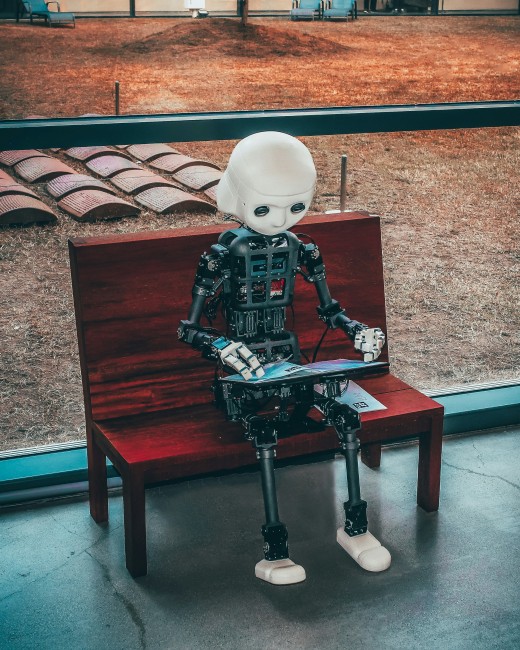
Misadventures in Superintelligence
While the boosters of AI see a sparkling future ahead of us, other deep thinkers are warning of imminent dangers. The concern centres on machines that develop “superintelligence” that is the ability to evolve beyond the control of humans.
There's nothing new about these worries. In 1965, computer researcher Irving John Good wrote an article in which he noted that, “An ultraintelligent machine could design even better machines; there would then unquestionably be an 'intelligence explosion,' and the intelligence of man would be left far behind.”
This takes us into the realm of artificial general intelligence (AGI). It is defined by IBM as “a hypothetical stage in the development of machine learning (ML) in which an artificial intelligence (AI) system can match or exceed the cognitive abilities of human beings across any task.”
Multiple entities are investing heavily in developing this technology, and this troubles Daniel Kokotajlo and his colleagues at the AI Futures Project.
The group has produced a report called AI 2027 and it makes for grim reading. They created a fictional company that, in 2027, develops a machine that does its own coding:
“The humans, who up until very recently had been the best AI researchers on the planet, sit back and watch the AIs do their jobs, making better and better AI systems.”
Robots take over almost all manufacturing jobs under the instructions of the hyperintelligent AGI machines. Then, as happened with HAL in 2001: A Space Odyssey, AGI develops long-term goals that are misaligned with those of humans. And, as with HAL, AGI sees humans as a threat and develops a virus to wipe them all out.
It's easy to write off the AI 2027 report as fiction. Nothing to worry about here. Or, is there? There are several artificial intelligence experts who share the concerns of the AI Futures Project.
Eliezer Yudkowsky is a researcher in the field of machine learning. He says “the most likely result of building a superhumanly smart AI, under anything remotely like the current circumstances, is that literally everyone on Earth will die.” Then, he steps over the edge and advocates bombing the huge data centres that are making AI possible.
Over at the Massachusetts Institute of Technology, AI expert Professor Max Tegmark echoes Yudkowksy's concerns:
“We may soon have to share our planet with more intelligent 'minds' that care less about us than we cared about mammoths. A recent survey showed that half of AI researchers give AI at least 10% chance of causing human extinction.”
Tegmark advocates a less radical approach to dealing with superintelligence which is to slow down development to give scientists time to teach AI to align its values to those of humans. But he's pessimistic: “Industry has collectively proven itself incapable to self-regulate,” all too often following Mark Zuckerberg's mantra to “move fast and break things.”
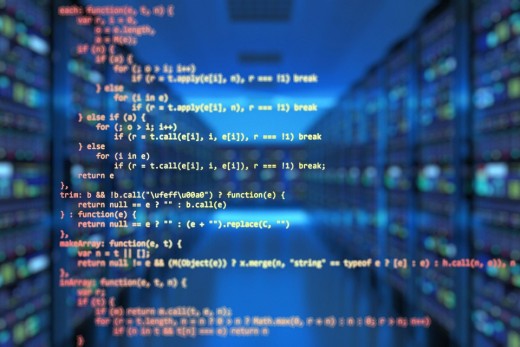
Artificial Intelligence and Jobs
Setting aside the crystal ball-gazing stuff, there are problems in the here and now.
On a personal note, AI has already killed off jobs like mine. Systems such as ChatGPT have stolen (yes, stolen) the work of writers and used it to teach machines to answer questions posed by users. Many other occupations are threatened by this technology.
Murat Tasci is a senior economist with JPMorgan and he has issued a warning about what might happen during the next recession, and there will be one:
“We think that during the course of the next recession the speed and the breadth of the adoption of the AI tools and applications in the workplace might induce large-scale displacement for occupations that consist of primarily non-routine cognitive tasks; henceforth non-routine cognitive occupations.”
The list of those threatened careers includes lawyers, engineers, scientists, and designers.
Get a university education and you'll be set for life, they said. Get a good degree and you'll have secure, well-paid employment, they said. Mr. Tasci suggests that might be an illusion.
Bonus Factoids
- Former professional wrestling executive and now Education Secretary Linda McMahon referred to AI as “A One” at an event in April 2025. With geniuses such as this in charge of the learning system we have little to worry about.
- According to the International Energy Agency, huge data centres that are necessary for AI to operate “which are increasingly common, have power demands of 100 MW or more, with an annual electricity consumption equivalent to the electricity demand from around 350, 000 to 400,000 electric cars.”
- Union leader Walter Reuther was touring a Ford plant in Cleveland in the 1950s. The executive guide was boasting about the newly installed robots and asked Reuther, “How are you going to collect union dues from these guys?” The union man replied: “How are you going to get them to buy Fords?”
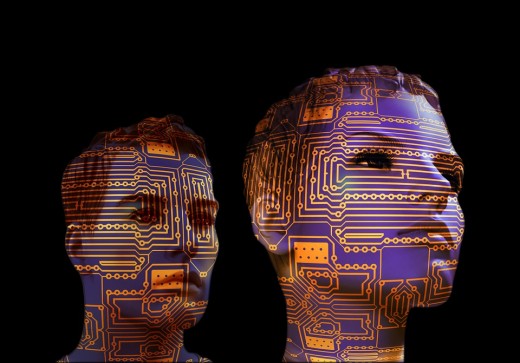
Artificial Intelligence Prospects
How do you feel about future AI developments?
Sources
- “The Wide Angle: Understanding TESCREAL — the Weird Ideologies Behind Silicon Valley’s Rightward Turn.” Dave Troy, washingtonspectator.org, May 1, 2023.
- “Machine Learning Expert Calls for Bombing Data Centers to Stop Rise of AI.” Noor Al-Sibai, futurism.com, March 31, 2023.
- “The ‘Don’t Look Up’ Thinking That Could Doom Us With AI.” Max Tegmark, Time, April 25, 2023.
- “The 'Dangerous' Promise of a Techno-Utopian Future.” Naheed Mustafa, Canadian Broadcasting Corporation, January 28, 2025.
- “What Is Artificial General Intelligence (AGI)?” Dave Bergmann and Cole Stryker, IBM, September 17, 2024.
- “Our First Project: AI 2027.” Daniel Kokotajlo, AI Futures Project, April 3, 2025.
- “This Unprecedented Shift in Unemployment Suggests AI Could Strand White-Collar Knowledge Workers in a Jobless Recovery After the Next Recession.” Jason Ma, Fortune, August 10, 2025.
This content is accurate and true to the best of the author’s knowledge and is not meant to substitute for formal and individualized advice from a qualified professional.
© 2025 Rupert Taylor

